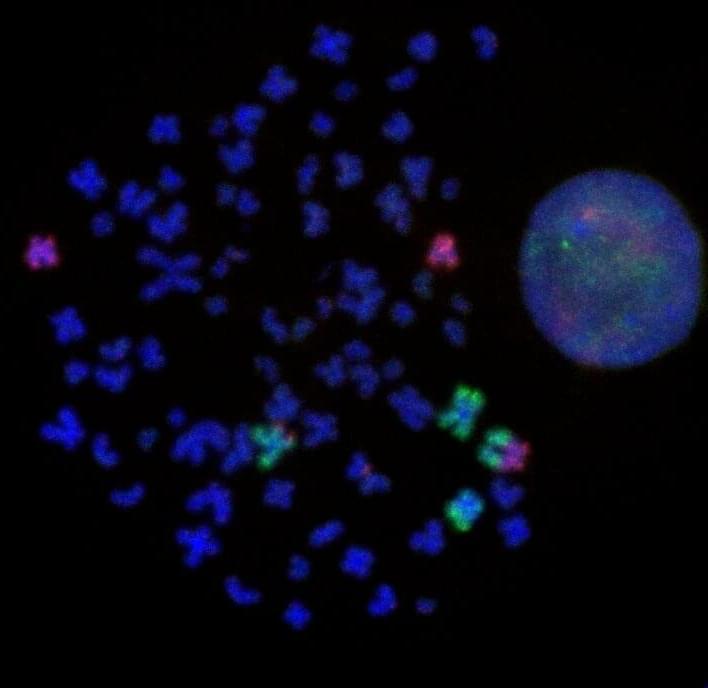Cancer, caused by abnormal overgrowth of cells, is the second-leading cause of death in the world. Researchers from the Salk Institute have zeroed in on specific mechanisms that activate oncogenes, which are altered genes that can cause normal cells to become cancer cells.
Cancer can be caused by genetic mutations, yet the impact of specific types such as structural variants that break and rejoin DNA, can vary widely. The findings, published in Nature on December 7, 2022, show that the activity of those mutations depends on the distance between a particular gene and the sequences that regulate the gene, as well as on the level of activity of the regulatory sequences involved.
This work advances the ability to predict and interpret which genetic mutations found in cancer genomes are causing the disease.










Comments are closed.